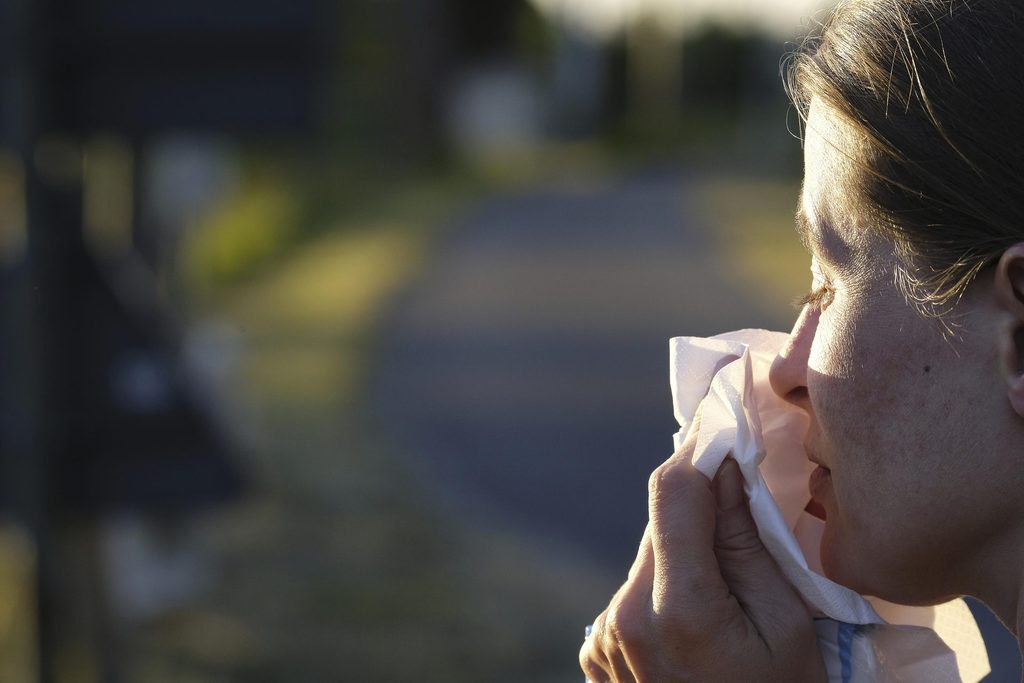The pollen season has officially begun, according to a press release from the health institute Sciensano on Monday. Alder and hazel trees are the the first to pollen this year.
Currently, pollen concentrations remain relatively low due to fluctuating winter weather, but in drier conditions, the pollen can spread more quickly and in larger quantities.
People sensitive to alder and hazel pollen may develop allergic symptoms.
"People with a pollen allergy are advised to stay alert, especially on dry and windy days when pollen disperses more easily," said Astha Tiwari, a scientific collaborator of Sciensano’s Mycology and Aerobiology department.
Climate change significantly influences the shift in pollen season. The warming of the Earth causes the season to start earlier, last longer, and produce more pollen, leading to more intense allergies.
"In the future, we expect pollen allergies to become an increasingly significant problem," Tiwari added. “Climate changes not only have ecological impacts but also pose new challenges to healthcare.”
Typical symptoms of a pollen allergy include itchy, watery, and red eyes; sneezing; a blocked or runny nose; sinus congestion; breathing difficulties; loss of taste and smell; and itchiness in the throat or back of the mouth.
These symptoms can be easily confused with illnesses like Covid-19, but Sciensano points out that allergies do not cause fever or muscle pain and that allergy symptoms appear immediately, with no incubation period.
The health institute recommends that allergic individuals consider wearing a face mask, using saline solution to rinse their nose, and avoiding drying laundry outdoors.

